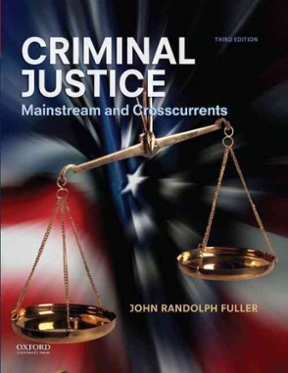Personal Harm Settlements
 As someone who works from house, I frequently have a TELEVISION playing in the nook of my workplace. We understand that obtaining the correct authorized entitlements is barely one of many many points folks must face on their journey by life-altering incidents. As a caring and neighborhood-minded agency, we have lengthy recognised the value of providing free social work services to handle these points to assist improve clients’ wellbeing. In fact, we had been the primary and are still the one legislation firm in Australia to take action.
As someone who works from house, I frequently have a TELEVISION playing in the nook of my workplace. We understand that obtaining the correct authorized entitlements is barely one of many many points folks must face on their journey by life-altering incidents. As a caring and neighborhood-minded agency, we have lengthy recognised the value of providing free social work services to handle these points to assist improve clients’ wellbeing. In fact, we had been the primary and are still the one legislation firm in Australia to take action.
Duty of care: More often than not, folks have a duty to behave in an affordable manner to keep everybody else protected. For example, all drivers must act in a way that keeps everyone else on the highway safe. In personal harm regulation, although, there are some exceptions to this, such as property house owners who don’t have a duty of care … Read more
 In right this moment’s world, being secure from crime has grow to be a serious concern. Our Legal Justice majors research the legislation inside and out, and how finest to protect residents under those laws. Many students additionally choose to go on to law faculty after earning their diploma. To make sure a consistent level of competency and professionalism amongst law enforcement officers, the Felony Justice Requirements Division administers the Commission’s necessary certification and training applications.
In right this moment’s world, being secure from crime has grow to be a serious concern. Our Legal Justice majors research the legislation inside and out, and how finest to protect residents under those laws. Many students additionally choose to go on to law faculty after earning their diploma. To make sure a consistent level of competency and professionalism amongst law enforcement officers, the Felony Justice Requirements Division administers the Commission’s necessary certification and training applications.